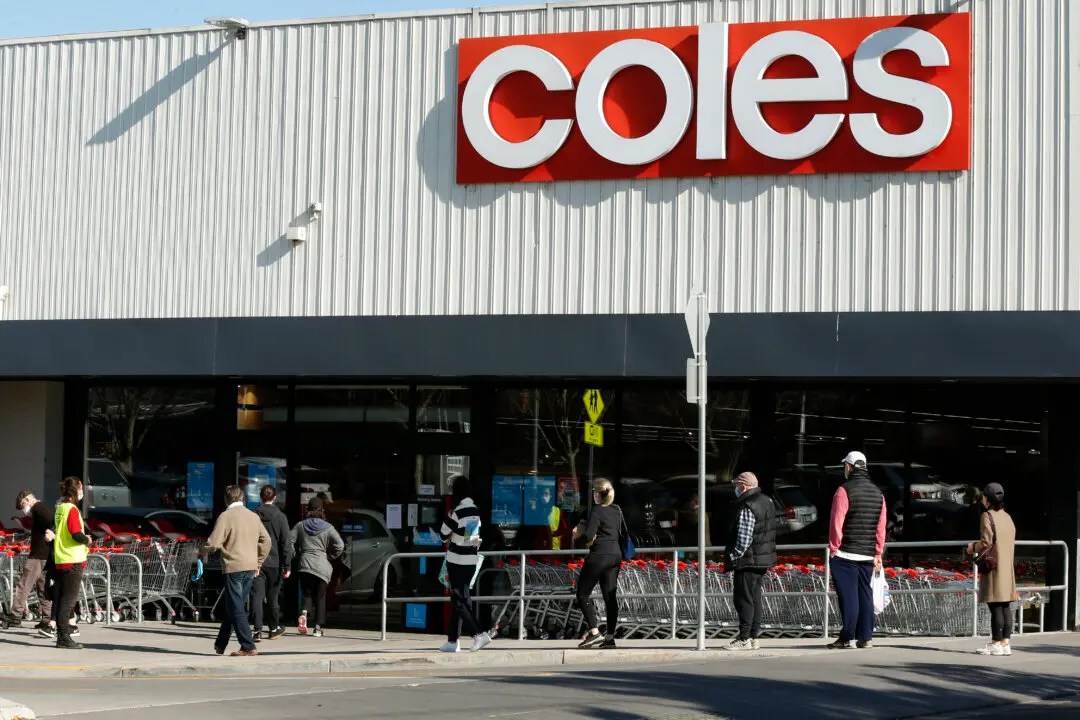Small businesses are being warned to consider alternatives to credit cards as they come under increased financial pressure.
A survey by loan comparison site Small Business Loans Australia found while 23 percent of small and medium-sized businesses planned to reduce the number of credit cards, 39 percent flagged increasing their use.





